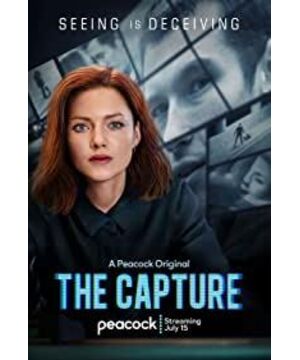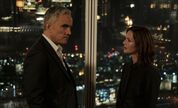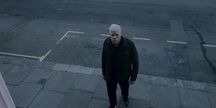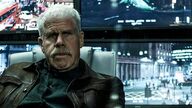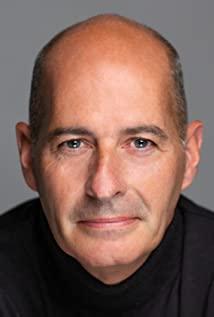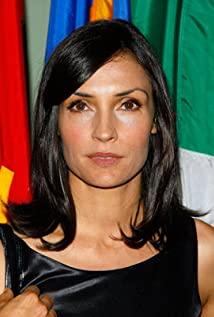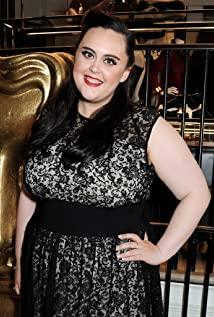It is a work in which the core idea is similar to that of 1984 written by Orwell.
In the work, no one is innocent.
It is a story full of paradoxes, a story within which everyone wants to correct wrong things by doing something wrong first, and everyone believes that it is right to commit sins by themselves as an inevitable step to stop the sins committed by others. It displays a loop in which no one can escape. There is a net of sins fabricated and strengthened all the time by everyone from different angles. The things they did are alike by nature and unlike by appearance, just as the conversation took place in the sixth episode said, it was a belief that conquered everyone— “The ends can justify the means.” And it is where the irony emerges, for there would be nothing to be fought against at all if everyone had a consensus deep in the heart, and every Meaningful movement taken place in the story becomes meaningless.It is an enclosed circle which traps everyone, with no head and no tail, no hope to escape, no centre point can be pinned down, only faint traces left by the invalid motions constitute a hollow circle.
The “correction”, for the MI6, is an effective means to “recreate” the “truth” and turn the illegal intelligence into admissible evidence which can be used in the court, therefore they can prevent the potential terrorist incident by arresting and judging the "criminal" before the crime being committed.
The “anti-correction” action, which was planned and deployed by the barrister, lawyer and the family members of the “framed terrorists”, is a detour method aimed at exposing the whole thing in public to save the procedural justice along with it the legal system from corrupted, but given the fact that to achieve what they wanted, they first performed an unjust defence for the sinful soldier and then sacrificed him in the following action as though he was a chess piece of them, what they did is of the same nature as what MI6 did.
Frank, the seemingly powerful intelligence personnel, finally turned out to be an ignorant one who had always failed to understand his puppet status and couldn't see the big picture of the whole program. At the end of the story, he was informed by a woman from a higher rank that whether the “correction” should be continued or not doesn't depend on the effect of it in stopping crimes which was assumed to be the cornerstone of the whole thing, but instead, depending on who provides the funds and the very willingness of the funder.
Rachel, the rising star of the department, the young detective, in the first place, was a staunch defender of justice, but even she was finally submitted and recruited by the team to do what she hates. And the soldier, who had escaped the punishment for his sin, was caught up by justice in another form.
View more about The Capture reviews


